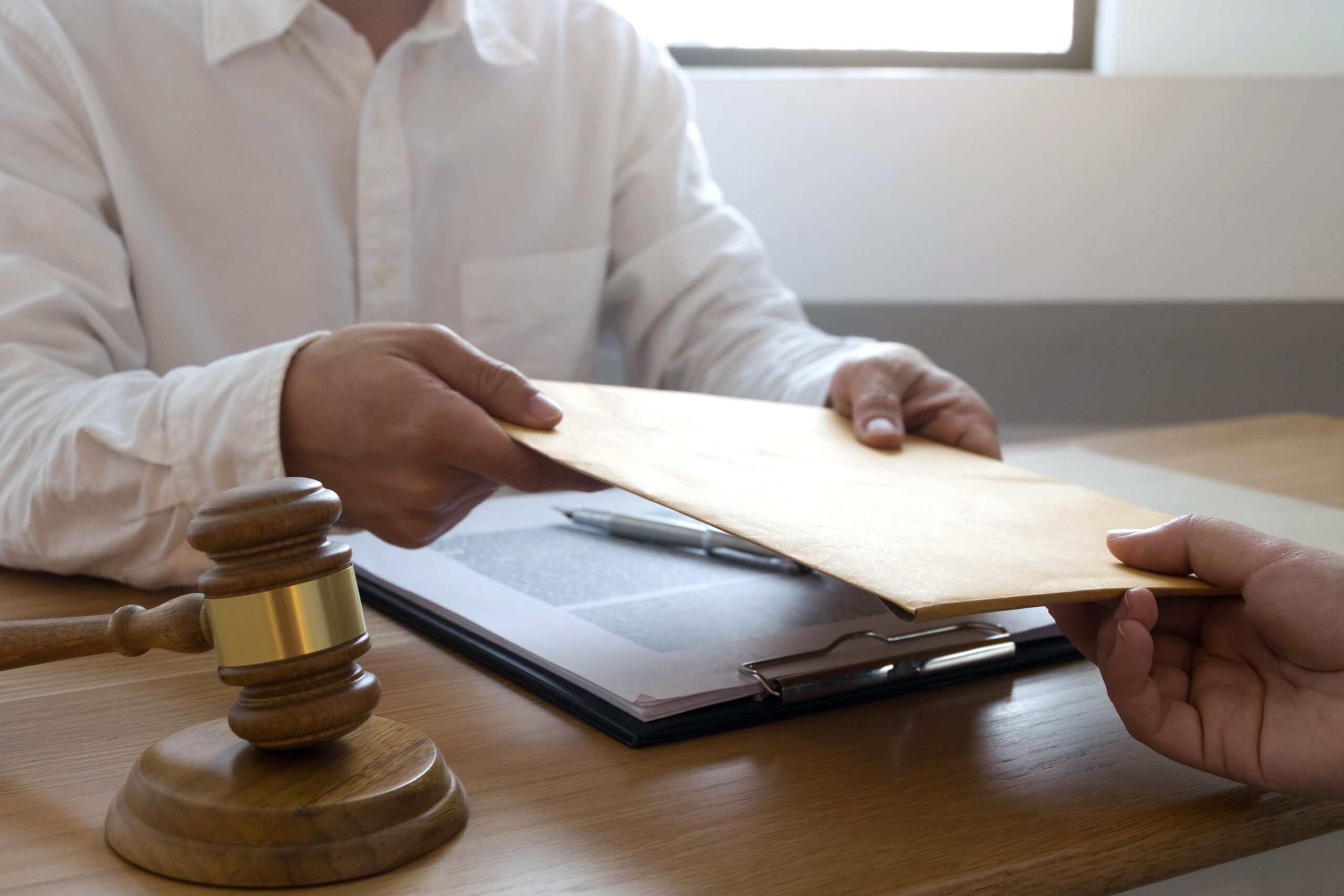Divorce can be an incredibly stressful and difficult process. Beyond the emotional impact, dealing with splitting assets in a divorce is hugely complicated. Whether you’re in the early stages of separation or approaching the final stages of legal proceedings, understanding how to divide assets in a divorce fairly and strategically is essential. This guide will answer common questions such as ‘how do you divide assets in a divorce?’ and ‘who gets the house after divorce?’ while also offering practical tips to help you navigate this difficult process.
Who gets the house after divorce?
One of the most important and financially significant assets in a marriage is the family home. Determining who gets the house after divorce is never an easy decision, especially if there are children involved or if both parties have contributed financially to the property.
In some cases, one spouse may buy out the other’s share and remain in the home. This often involves refinancing the mortgage in their name. In other situations, both parties may agree, or be ordered by the court, to sell the house and divide the proceeds. This can offer a clean financial break, but it may be difficult depending on the housing market.
Sometimes, if there are children involved, courts might issue what’s known as a “Mesher Order,” allowing one spouse, typically the primary caregiver, to remain in the home until the youngest child reaches a certain age, often 18. After that point, the property can be sold, and the value split.
Ultimately, who gets the house after divorce depends on several factors, including financial contributions, caregiving roles, and each person’s ability to maintain the home independently. It is highly recommended to seek legal advice to ensure you navigate this process correctly.

How do you divide assets in a divorce?
The question of ‘how do you divide assets in a divorce’ involves having to make decisions on more than just the family home, but other assets such as bank accounts, pensions, investments, vehicles, household goods, business interests, and even debts. In the UK, the law aims to achieve a fair outcome rather than a strict 50/50 split, though equality is often the starting point.
When it comes to splitting assets in a divorce, it’s important to understand that all assets acquired during the marriage, whether jointly or individually, are generally considered matrimonial assets. Unless you have a prenuptial agreement in place, all of your assets are subject to division.
Pensions are a particularly important but often overlooked asset. They may be divided using pension sharing orders, which allocate a percentage of one spouse’s pension to the other, or by offsetting, where one partner keeps their pension in exchange for the other receiving more of a different asset, such as equity in the home.
Joint debts are typically shared, but courts will also look at who incurred the debt and for what purpose. For example, personal loans used for shared family expenses may be divided, while gambling debts incurred by one spouse alone might not be.
For those who own a business, dividing this kind of asset can be particularly challenging. A business may need to be valued professionally and could be sold, shared, or retained by one spouse, with the other receiving compensation through other means.
Even personal belongings, like cars, furniture, electronics, and sentimental items, can become points of contention. While their individual value may seem small, disagreements over who keeps what can quickly escalate.. Mediation can be helpful in resolving these disputes fairly and without unnecessary stress.
Legal considerations of splitting assets in a divorce
In the UK, if you and your spouse can’t agree and you’re still asking yourself ‘how do you divide assets in a divorce’, you can apply to the court for a financial order. The process begins with full financial disclosure, where both parties declare all assets, liabilities, income, and expenses.
Before going to court, mediation is often encouraged or required. A neutral mediator can help you both reach a mutual agreement, saving time, stress, and legal costs. If this fails, a judge will decide on your behalf, taking into account factors like the length of the marriage, each person’s needs and earning capacity, childcare arrangements, and contributions (both financial and non-financial).
As we mentioned before, getting proper legal advice at every step is important. Even in amicable divorces, professional guidance helps protect your interests and ensures that agreements about how you are splitting assets in a divorce are legally binding.

Practical tips for splitting assets in a divorce
Splitting assets in a divorce is as much an emotional challenge as it is a legal and financial one. It helps to stay organised and as neutral as possible. Start by gathering documentation, bank statements, mortgage paperwork, pension details, and anything else related to your joint finances.
Getting help from a solicitor or financial advisor who can help explain your rights and options is also a good idea. You may also need to bring in specialists, such as pension actuaries or business valuers, if your case involves complex assets.
It’s okay to feel an emotional attachment to your belongings. But it is important to try not to let this derail negotiations when it comes to splitting assets in a divorce. Focus on long-term stability rather than short-term wins.
Plus, life after divorce will bring new financial realities. From managing expenses on a single income to securing housing and planning for retirement. Make sure your settlement supports your future, not just your present.
Using self storage during divorce
If you’re moving out or need to clear space while decisions are pending, self storage can be a lifeline. Whether it’s storing furniture, documents, or personal items temporarily, having a secure and flexible storage solution gives you breathing room during a stressful transition.
Magenta Self Storage offers a range of unit sizes and secure access, making it easier to manage your possessions during this life change. For many, having a neutral place to store items reduces emotional tension and creates space for clarity and calm decision-making.
Splitting assets in a divorce is rarely straightforward and comes with a lot of difficult decisions. Whether you’re figuring out who gets the house after divorce, dividing financial holdings, or storing personal belongings, every decision matters. With the right approach, clear information, and professional support, you can navigate this transition with confidence and clarity.
We understand that your assets are more than ‘just stuff’, for support with secure, flexible self storage during divorce, contact our team for a free quote, and we will support you on this difficult journey.





